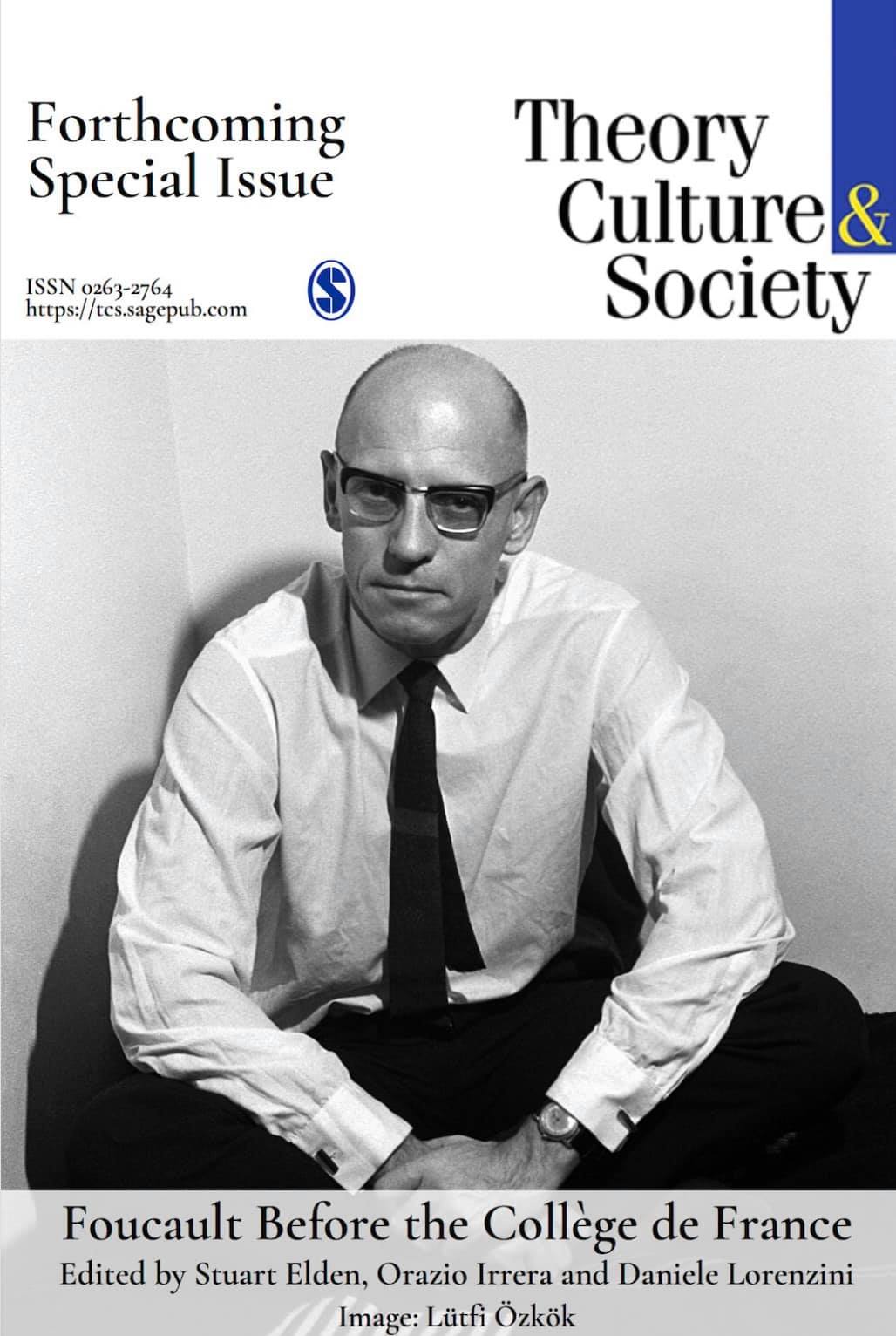
Michel Foucault, “Linguistics and Social Sciences,” trans. Jonathan Schroeder and Chantal Wright, Theory Culture & Society 40, nos. 1–2 (Jan.-March 2023): 259–278
Shortly after the publication of The Order of Things (1966), Michel Foucault obtained a leave from the University of Clermont-Ferrand to teach philosophy at the University of Tunis. He moved to Sidi Bou Saïd in September 1966, and he stayed in post until October 1968. This brief period proved wildly transformative: Foucault drafted The Archaeology of Knowledge; at the same time, he was radicalised by a series of anti-colonial and anti-imperial student protests, which began as a response to the Six-Day War of 1967, were exacerbated by Hubert Humphrey’s visit to Tunisia in early-1968 and culminated on 15 March 1968, when thousands of Tunisian students gathered outside of the University of Tunis. “It wasn’t May of ’68 that changed me,” Foucault recalled, “It was March of ’68, in a Third World country” (1981/1991: 136).
The “Linguistics and Social Sciences” talk was given at the Centre d’études et de recherches économiques et sociales of the University of Tunis during the fateful month of March 1968. Though Foucault does not connect the talk to his career, he considers various epistemological problems “that linguistics in its modern form raises for the human sciences” that speak directly to Foucault’s own efforts to renovate the history of knowledge and, in 1968, to reconceive the relationship between his method and his politics (Davidson 1997: 3-20). What structural linguistics shows, Foucault suggests, is that it is possible for an empirical field that studies humans to use formal discovery procedures to move from simple observation to the analytic discovery of relations that are “independent…in their form,” and, as a result, are “generalisable” as types of relation.
As a historian (and an ‘archaeologist’), Foucault proposes to retool linguistic method to detect the traces of material processes on language, and, more specifically, knowledge. In contrast to linguistics, which reconstructs the grammaticality of language in order to predict what can be said, Foucault argues that the objective of history should be something different: deriving rules to predict what could have been said. With such a method, Foucault speculates, it would be possible to derive rules that would describe the laws of language in the sphere of its practical application. Written with the suppression of the Tunisian students by their own government in view, “Linguistics and Social Sciences” opens up a new horizon of study, and epitomises Foucault’s abiding interest in formulating new methods for studying the interaction of language and power.